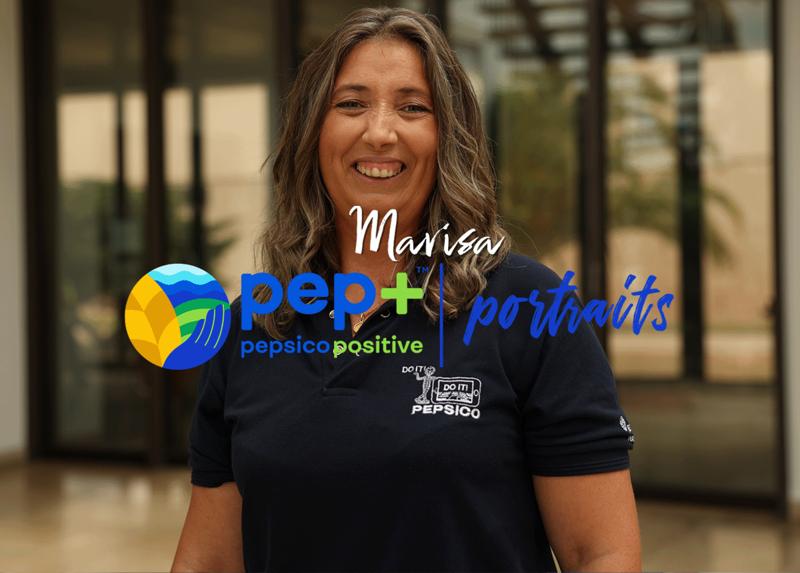For more than 75 years, Lay’s chips have been cooked much the same way using three simple ingredients: potatoes, oil and salt. But PepsiCo’s Sustainability team in Portugal is joining the growing ranks of teams doing things differently — by tapping into the power of potato peels.
Marisa Neves, the Environmental, Health and Safety Engineer in PepsiCo’s Carregado plant, is overseeing the installation of a biomethane digester. The biodigester is a machine that converts potato peels along with other food waste from the plant into biogas — a renewable energy source formed as a byproduct of the peel’s breakdown. The gas is then purified, to remove elements such as carbon dioxide and water, to become biomethane. It is this higher quality gas that can be used to provide energy to cook Carregado’s chips.
Biogas is increasingly essential as a sustainable energy source at PepsiCo, with more than 10 installations of the technology across the globe. But the biodigester is a new approach to creating energy with Carregado as just the second site at PepsiCo able to convert biogas to biomethane — an innovation that offers a way to replace the natural gas traditionally used to power the facility’s ovens. “The project will allow us to reduce our natural gas usage for production lines about 30%,” says Marisa.
Once the biodigester is online next year, it’s estimated to reduce 4,212 tonnes of emissions — the equivalent of providing electricity to 820 homes for a year. Marisa explains the surrounding community will also benefit from the newly added power source. She’s working on plans to collect organic waste from nearby factories and local businesses to fuel the biodigester.
